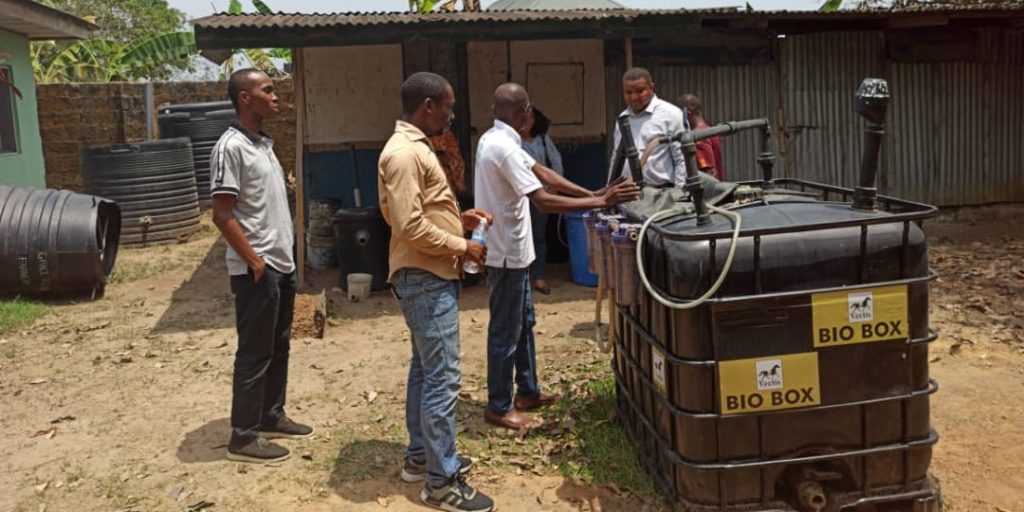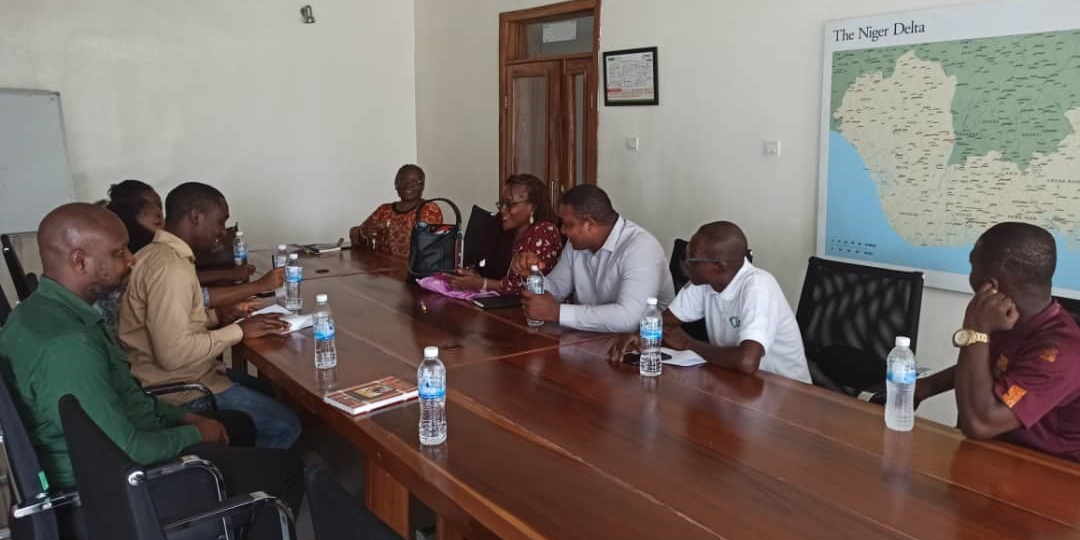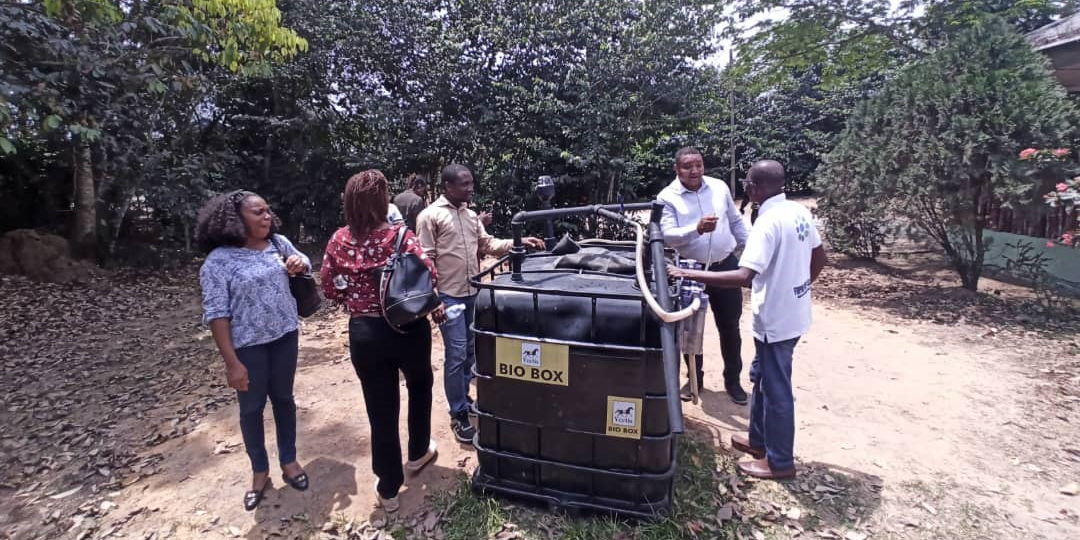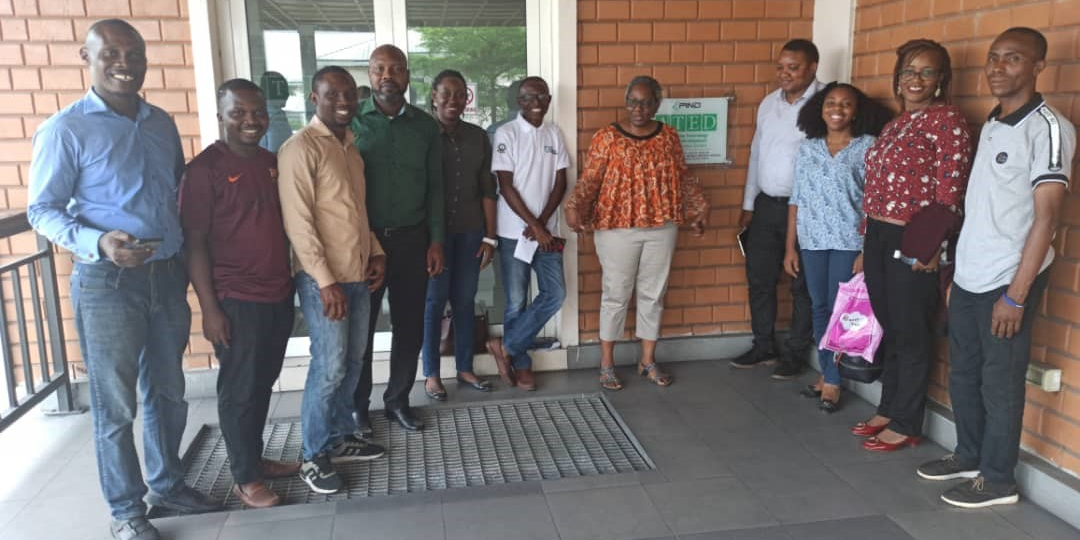Promoting sustainable biogas for communities in the Niger Delta, Nigeria

One of the key objectives of RECIRCULATE is driving eco-innovation in Africa, through capacity building for a safe circular water economy. Of considerable importance is using partnership-based approaches to enable African researchers grow transformational impact through working with non-governmental organizations, business groups and communities in developing robust, sustainable and equitable partnerships focused on delivering impactful benefits to the end users.
The RECIRCULATE WP4 – Water for Energy Production team held a stakeholders’ engagement workshop in University of Benin, in December, 2018 which identified a need for an anaerobic digestion (AD) pilot plant to cater for an average family size of seven. To achieve this goal, there is a need to develop a workable plan through strengthening of collaborative activities with the user communities and entrepreneurs with the goal of closing the gaps in their challenges and experiences in the deployment of AD.
To this end, three organizations where identified within three sub-areas of focus namely
- Community-based: Coastal and Marine Areas Development Initiative (CMADI)
- Non-governmental organisation: Partnership Initiative for Niger Delta (PIND)
- Entrepreneurial business: Avenam Links International Ltd
The idea is to drive research impact to the user community through the community based organization who directly reaches the community users and the non-governmental organisation for awareness and advocacies, while the entrepreneur can develop commercial implementation of the pilot projects resulting from collaboration.

WP4 team meeting with PIND and CMADI
The WP4 team are currently developing a re-design of the Bio Box with specifications that will cater for an average family size of seven. The Bio Box is made of PVC material and usually comes in 1000 litre capacity. It was adapted to suit a typical anaerobic batch reactor which essentially has a feed inlet and outlet. The unit is coated in black which helps to maintain anaerobic mesophilic temperature, a condition in the reactor where microbial communities, in the absence of oxygen convert biodegradable organic matter (volatile solids (VS) or substrate) primarily, into biogas containing the energy-rich methane (CH4). In summary, this condition involves four different stages namely: hydrolysis, acidogenesis, acetogenesis and methanogenesis which is the final stage leading to the production of CH4 by methanogenic bacteria. The idea of a Bio Box is for ease of replication and socio-cultural acceptability by the user communities.
Feedstock composition has been identified as crucial in ensuring the sustainability of biogas on deployment. Therefore, WP4 is also looking to provide solutions through characterization of wide range of feedstocks and possible composition ratios for ease of co-digestion within specified time by the end users.

Bio Box Technical Session with CMADI

WP4 meeting with partners
